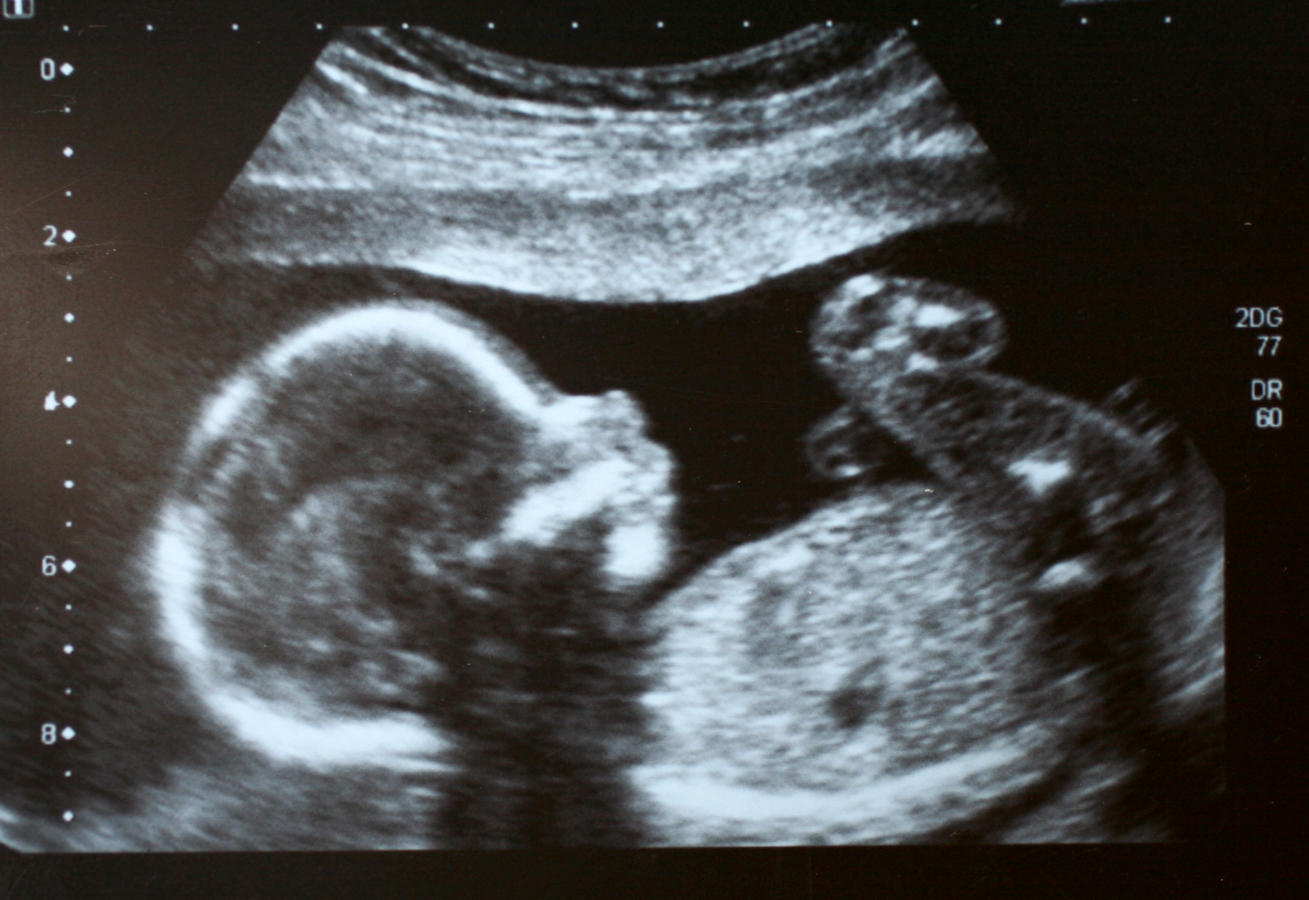Let us first establish the time that a fetus legally acquires the status equal to an adult human being. The Talmud states in part that if the “greater part was already born, one may not touch it, for one may not set aside one person’s life for that of another.” Thus the act of birth changes the status of the fetus from a nonperson to a person (nefesh). Killing the newborn after this point is infanticide. Many Talmudic sources and commentators on the Talmud substitute the word “head” for “greater part.” Others maintain the “greater part” verbatim. Maimonides and Joseph Caro also consider the extrusion of the head to indicate birth. They both further state that by rabbinic decree, even if only one limb of the fetus was extruded and then retracted, childbirth is considered to have occurred.
Not only is the precise time of the birth of paramount importance in adjudicating whether aborting the fetus is permissible to save the mother’s life, but the viability of the fetus must also be taken into account. The newborn child is not considered fully viable until it has survived thirty days following birth, as is stated in the Talmud:
Rabban Simeon ben Gamliel said: Any human being who lives 30 days is not a nephel [abortus] because it is stated: ‘And those that are to be redeemed of them from a month old shalt thou redeem (Numbers 18:16),’ since prior to thirty days it is not certain that he will survive.”
Further support for the necessity of a 30‑day postpartum viability period for adjudicating various Jewish legal matters pertaining to the newborn comes from Maimonides, who asserts:
Whether one kills an adult or a day‑old child, a male or a female, he must be put to death if he kills deliberately…provided that the child is born after a full‑term pregnancy. But, if it is born before the end of nine months, it is regarded as an abortion until it has lived for thirty days, and if one kills it during these thirty days, one is not put to death on its account.
Thus, although the newborn infant reaches the status of a person or nefesh, which it didn’t have prior to birth, it still does not enjoy all the legal rights of an adult until it has survived for thirty days postpartum. The death penalty is not imposed if one kills such a child before it has established its viability, but killing it is certainly prohibited because “one may not set aside one person’s life for that of another.”
Reprinted with permission from Biomedical Ethics and Jewish Law, published by KTAV.
Talmud
Pronounced: TALL-mud, Origin: Hebrew, the set of teachings and commentaries on the Torah that form the basis for Jewish law. Comprised of the Mishnah and the Gemara, it contains the opinions of thousands of rabbis from different periods in Jewish history.



